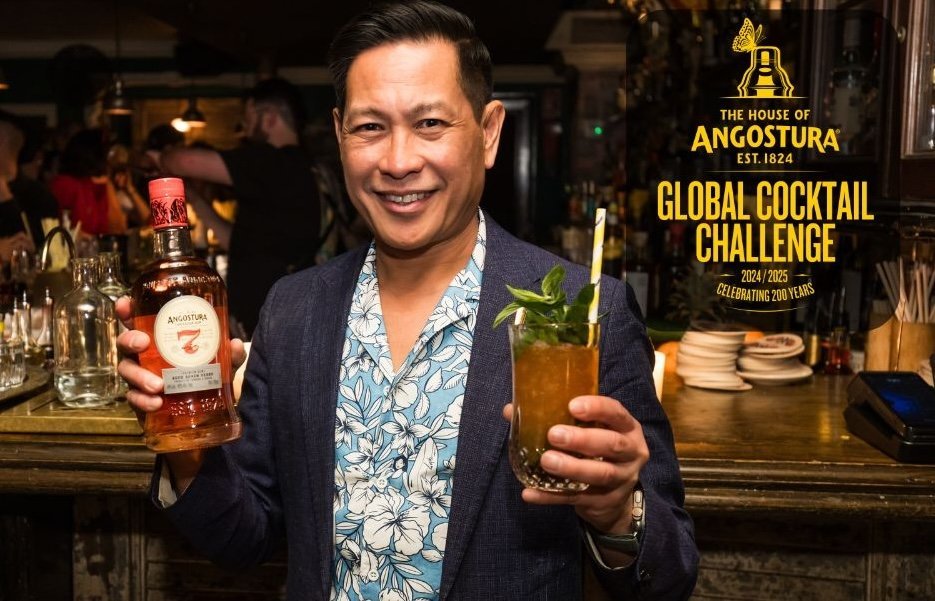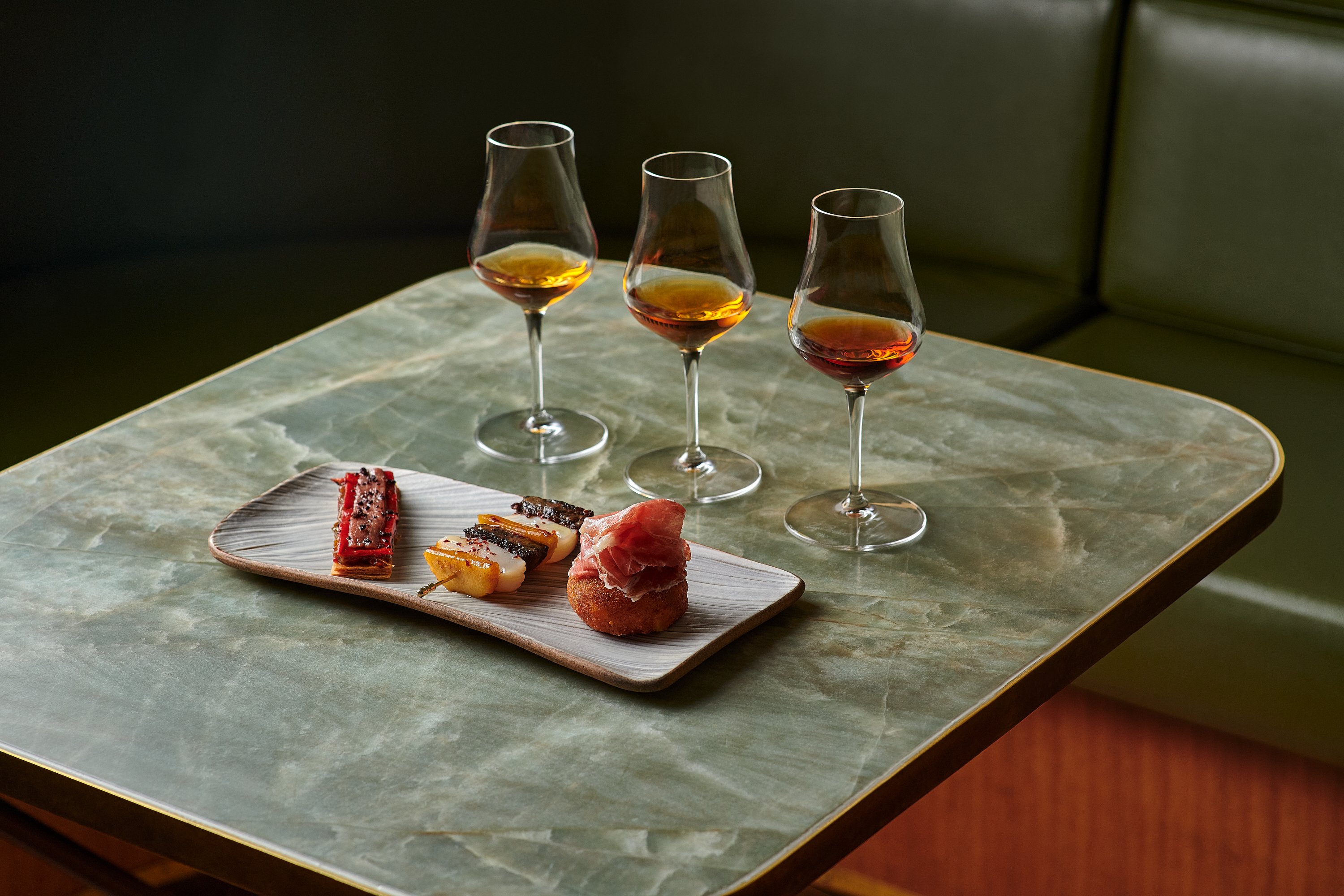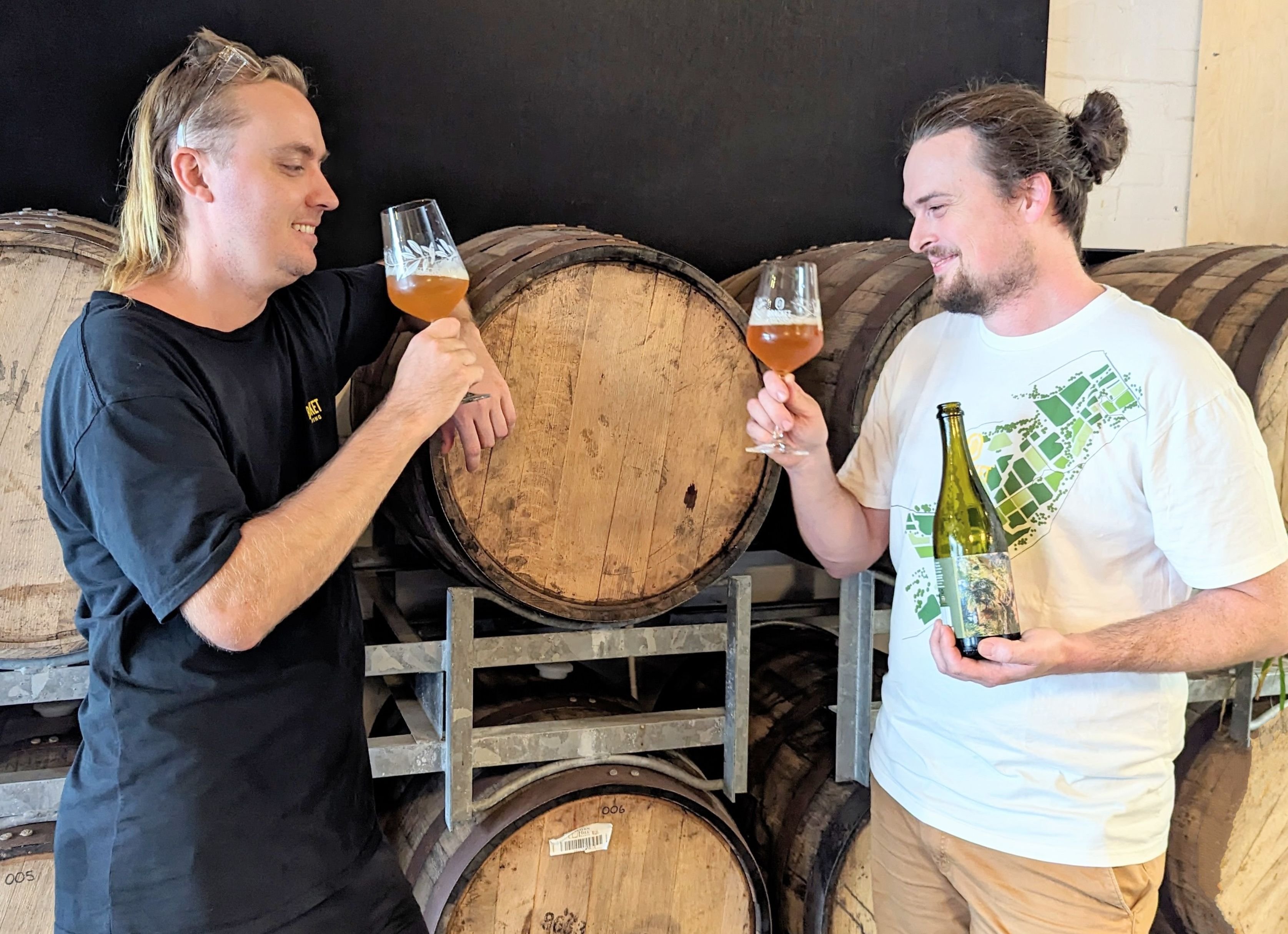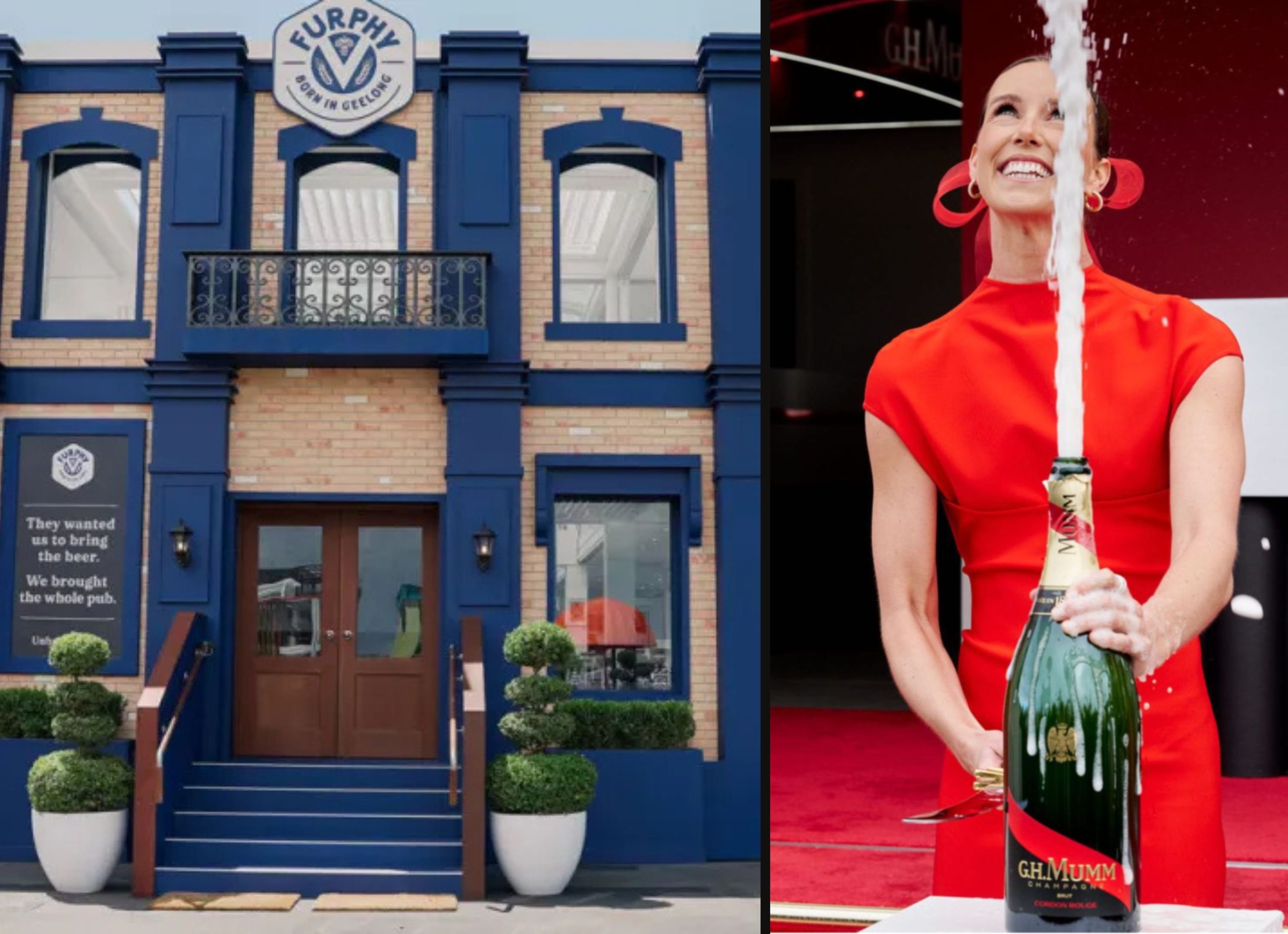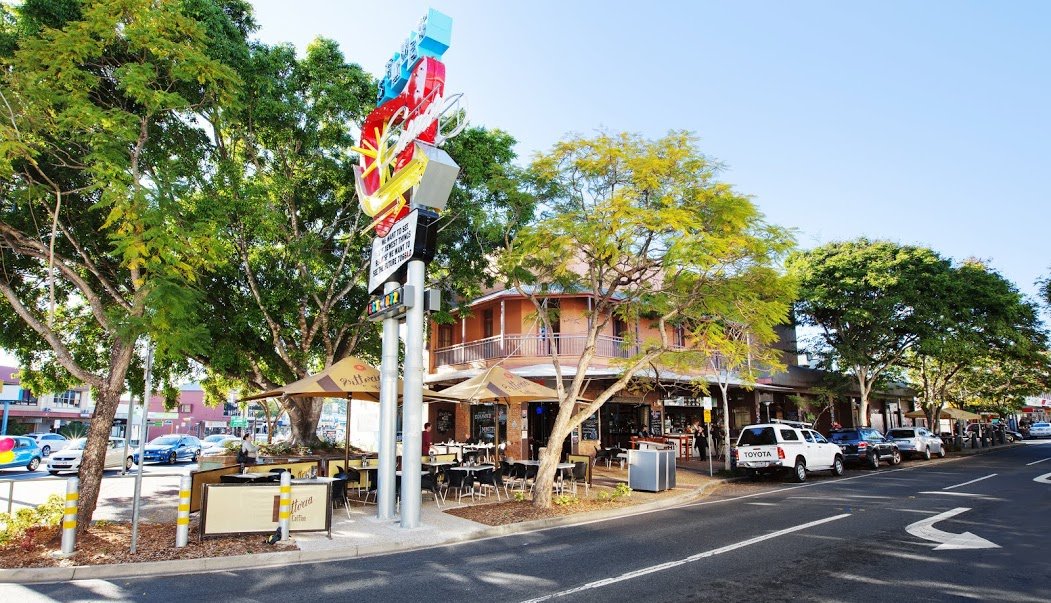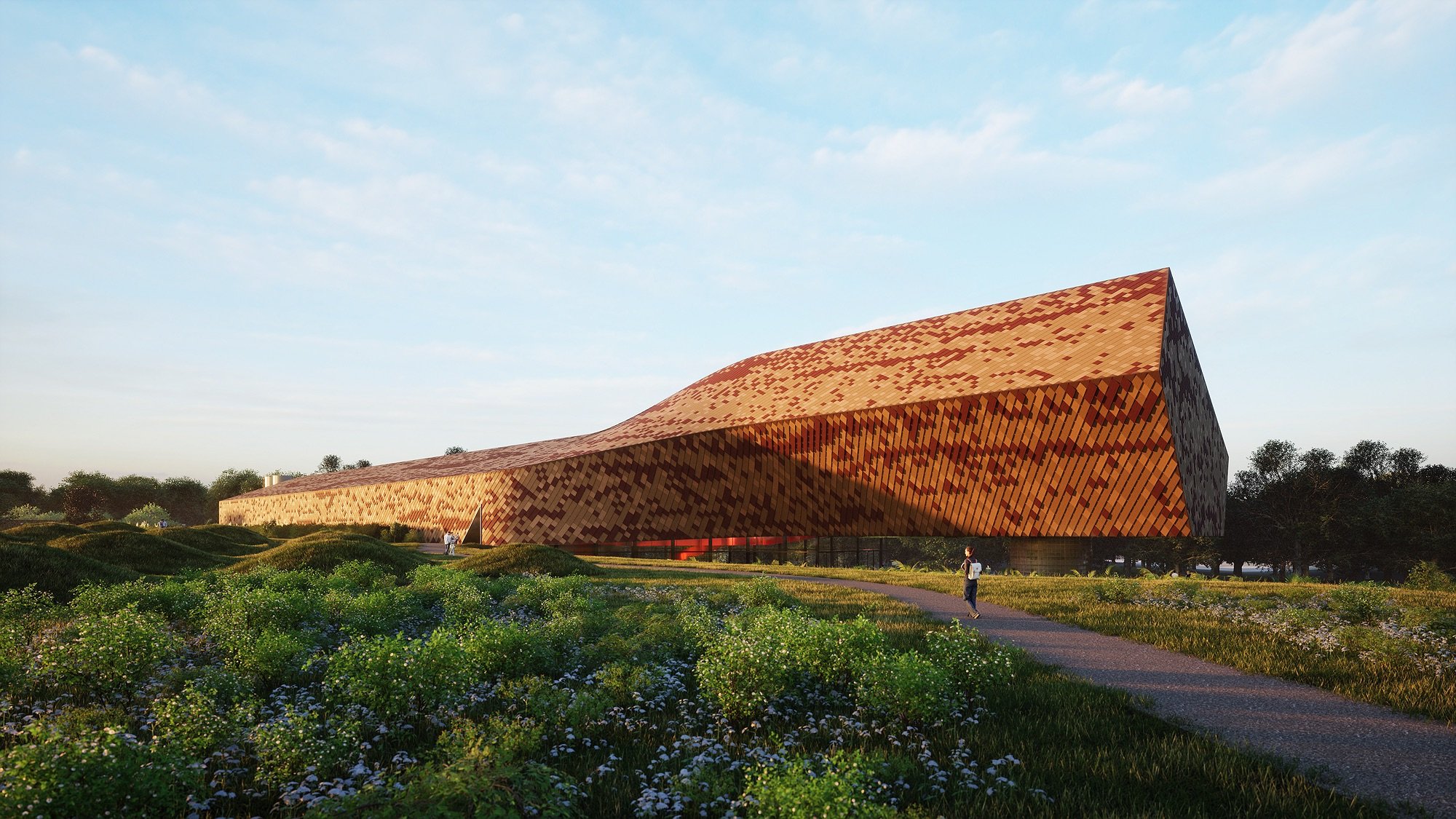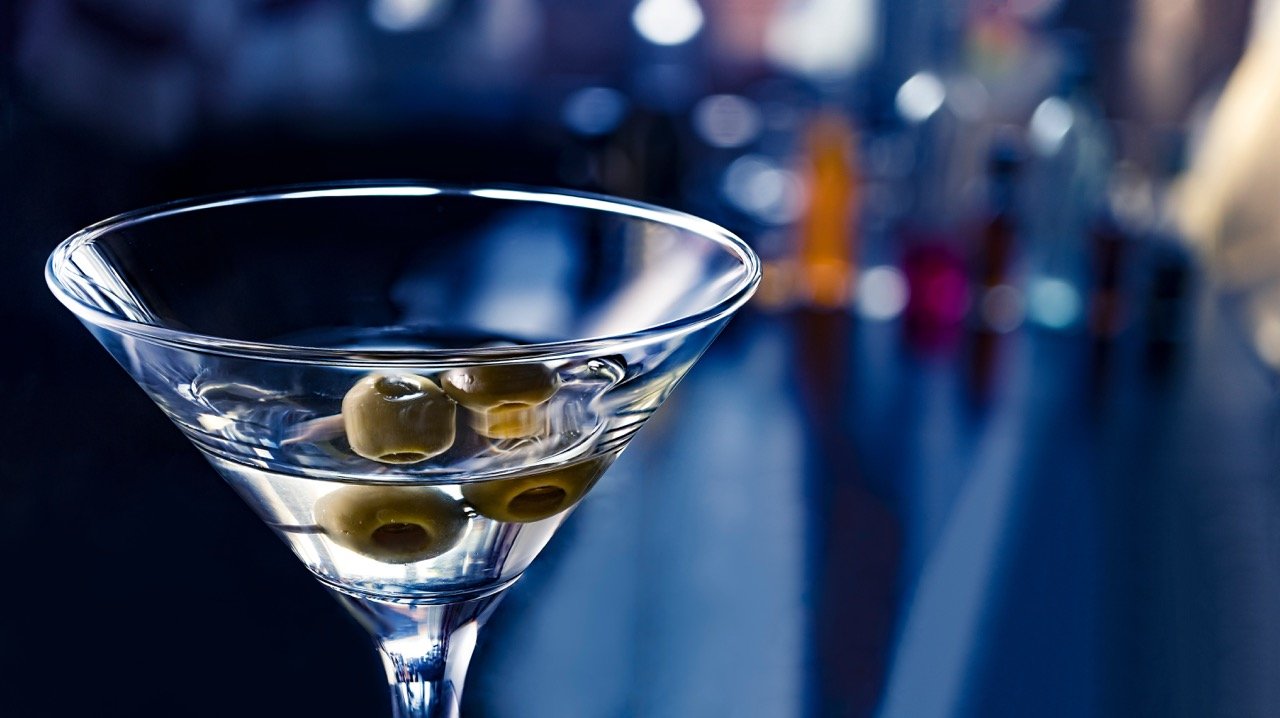The report – ‘Lockouts and last drinks: The impact of the January 2014 liquor licence reforms on assaults in NSW, Australia’, claims that the lockouts and last drinks laws have resulted in reduced assaults in NSW and that the violence has not been displaced to areas surrounding the precincts.
A preliminary review of the data undertaken by LSA NSW however, contradicts that violence has not been displaced.
The restrictions, introduced in January 2014 and imposed by the State Government on 24 February 2014, were established in response to a number of critical assaults in the Kings Cross and Sydney CBD Entertainment Precinct on New Year’s Eve 2013 and months prior.
1.30am lockouts for on-premise licensees in the two areas, along with 3.00am last drinks and a ban on alcohol sales after 10.00pm from off-premises, among a number of other measures, were hoped by the government to reduce assaults in the areas.
Since the introduction of the restrictions in 2014, there has been widespread debate between licensees and Government over the effectiveness and fairness of the Liquor Amendment Act, 2014.
In October last year, LSW NSW – the advocacy body for the NSW Retail Liquor Industry, called on a forum with NSW Police, OLGR and ILGA to discuss retailers’ concerns over the reforms.
At the time of the panel, LSA NSW CEO, David Reberger said there was no substantial evidence to show that the reforms had helped reduce alcohol related violence and called for further discussions with regulatory bodies.
Now, BOCSAR’s recent report claims that the NSW Liquor Act has reduced violence and that assaults in local or distal displacement areas did not increase as a result of the measures, with the exception of The Star casino.
According to the BOCSAR report, assaults in both the Kings Cross and Sydney CBD Entertainment Precincts, are down by 32 per cent and 40 per cent respectively, attributing the findings to the reforms.
However, LSA NSW says its review of the data contradicts claims that violence has not been displaced to areas surrounding the CBD or Kings Cross.
Working on behalf of its members of the packaged liquor licence sector, LSA NSW will now begin a detailed analysis of the data. The body says its review will aim “to identify whether the state-wide 10.00pm closure rule has had any measurable or meaningful impact.”
drinks bulletin will report the findings from LSA NSW once it has concluded its review of the report.
Share the content


